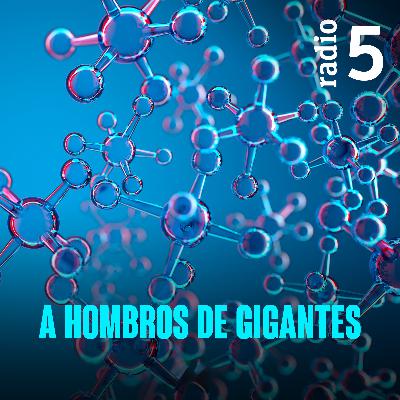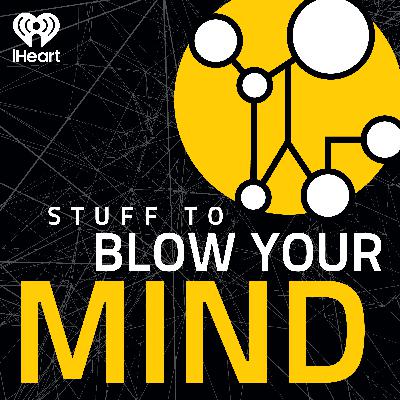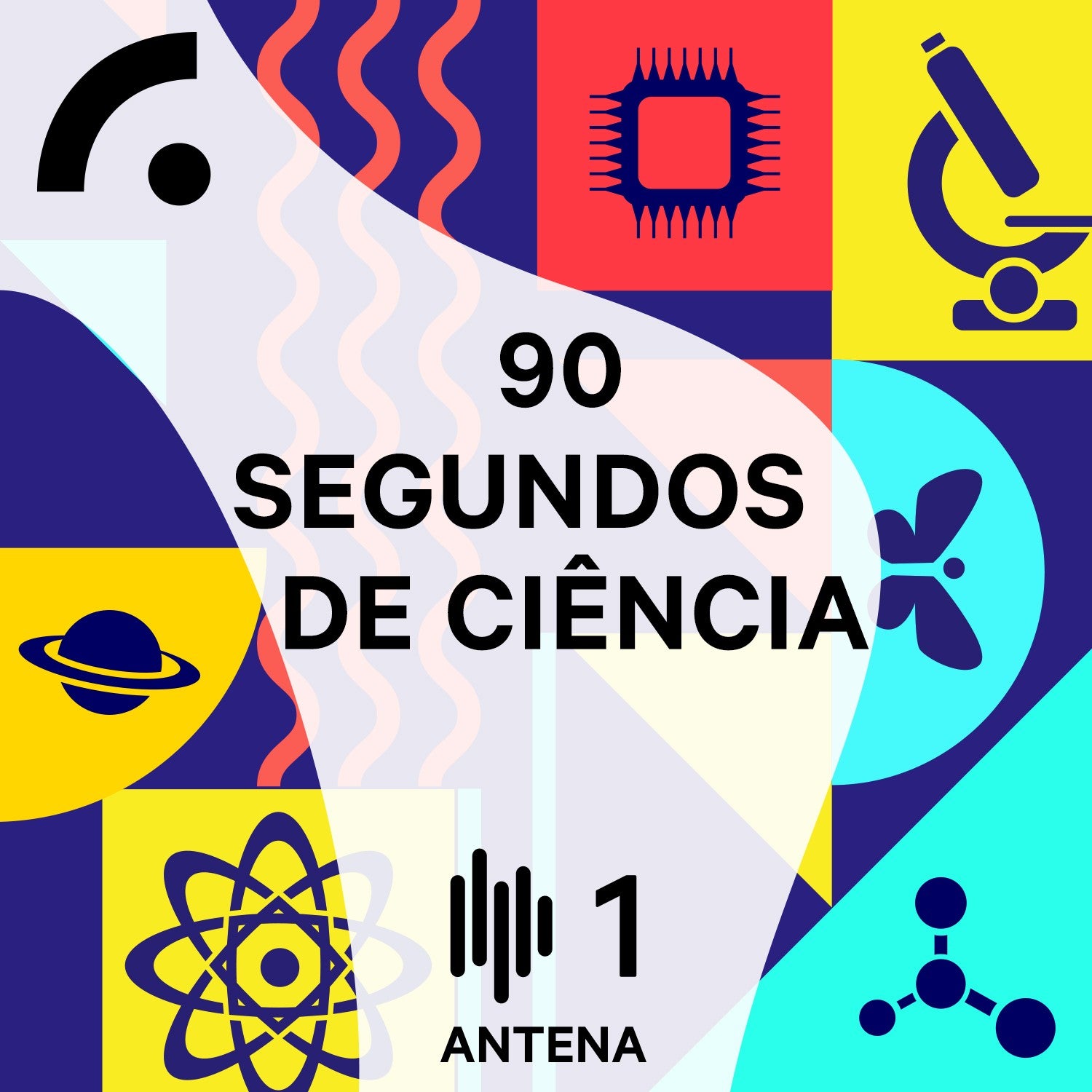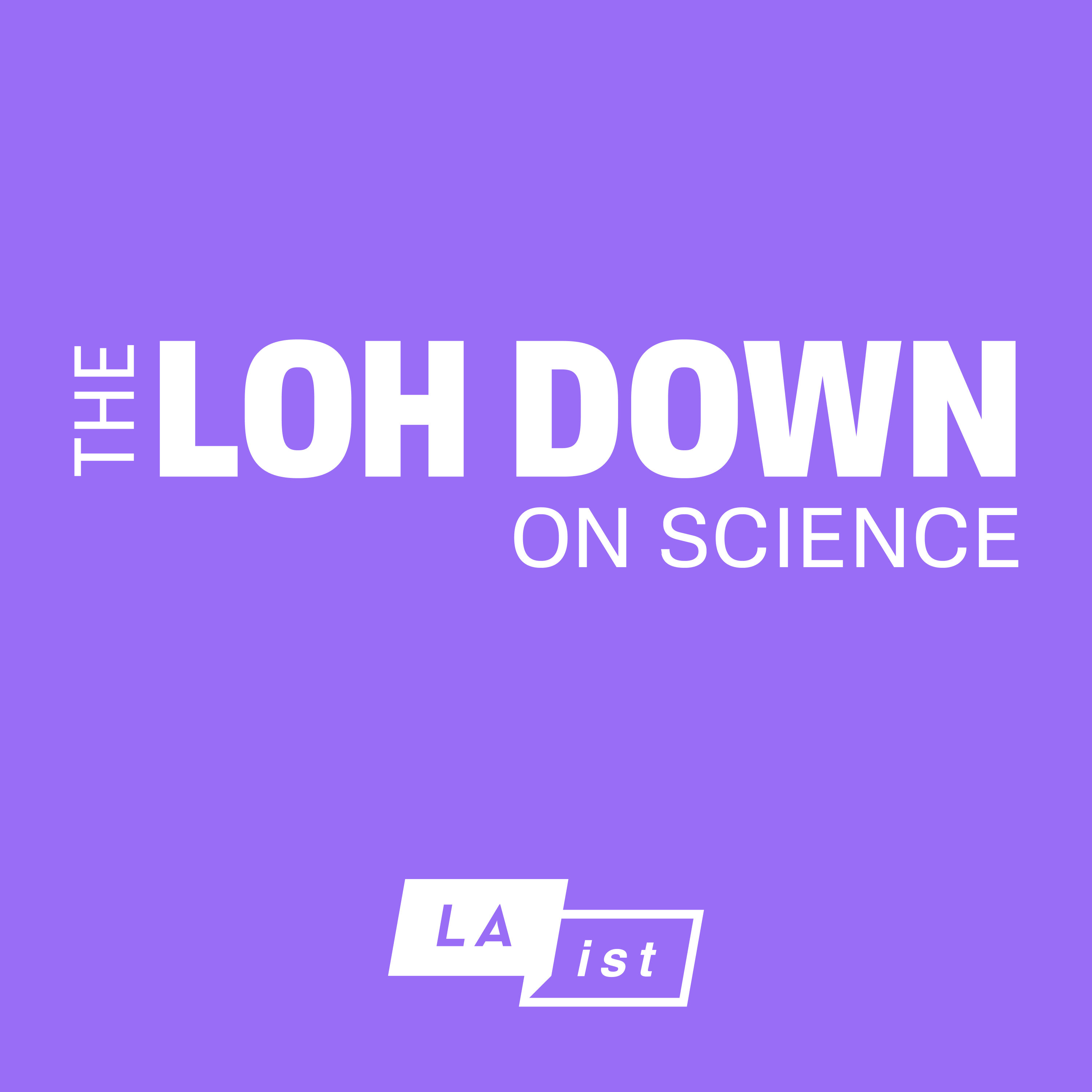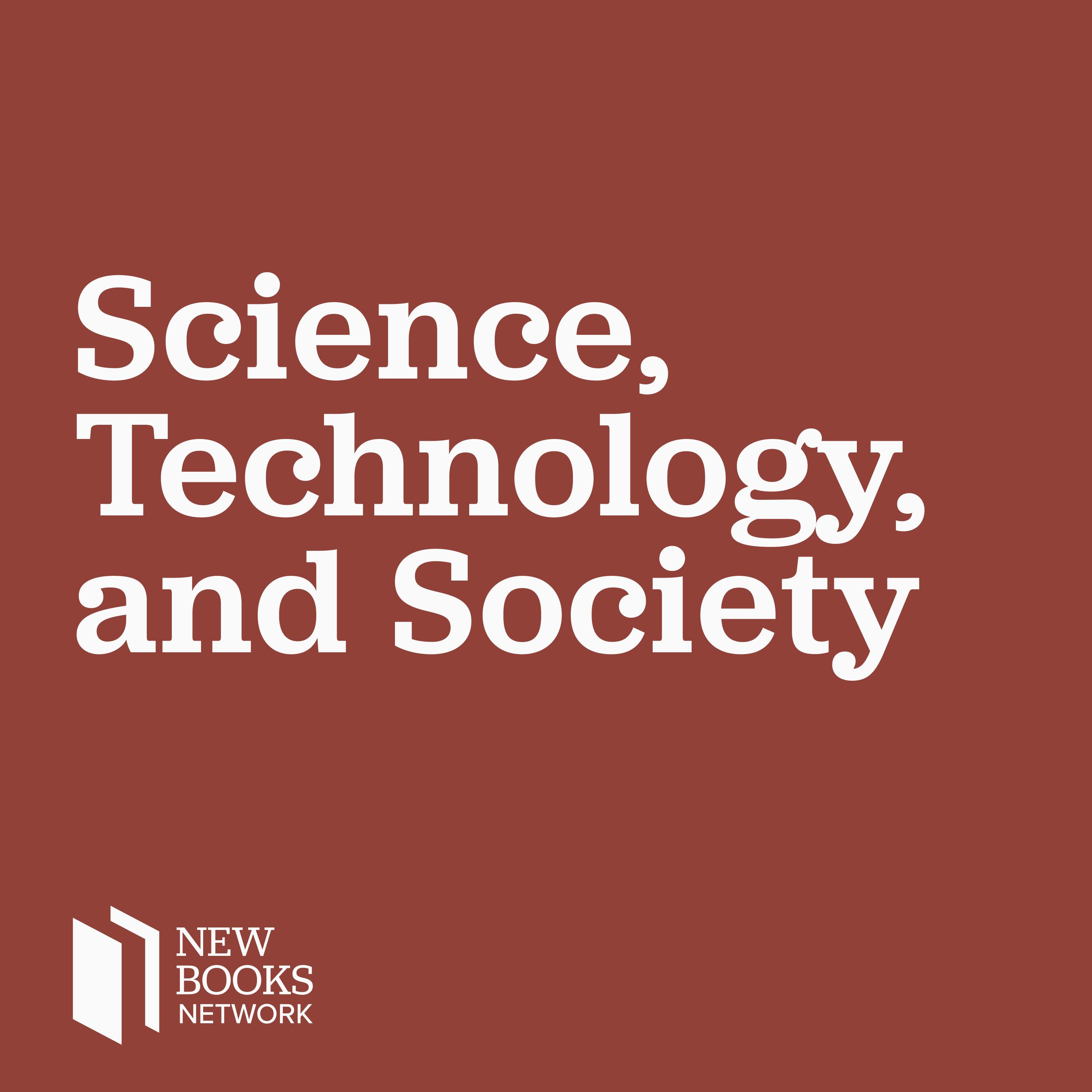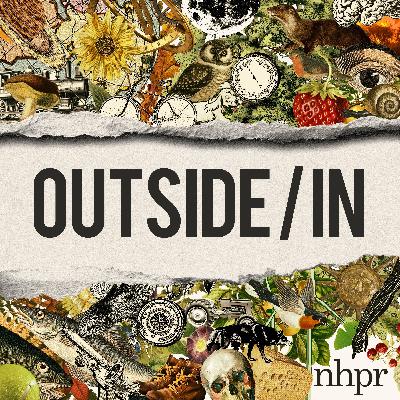What Does a Black Hole Collision Sound Like? - Short Wave
Update: 2025-09-17
Description
For centuries, the primary way that astronomers studied outer space was through sight. But just ten years ago, scientists successfully established a way to ‘listen’ to our cosmos – detecting gravitational waves created by huge cosmic events that took place billions of light years away. NPR science correspondent Nell Greenfieldboyce explains how scientists detect those gravitational waves, what kind of cosmic events we’re detecting now, and what they could tell us about our universe.
Interested in more stories about the cosmos? Email us your question at shortwave@npr.org.Listen to every episode of Short Wave sponsor-free and support our work at NPR by signing up for Short Wave+ at plus.npr.org/shortwave.
Learn more about sponsor message choices: podcastchoices.com/adchoices
NPR Privacy Policy
Comments
In Channel





